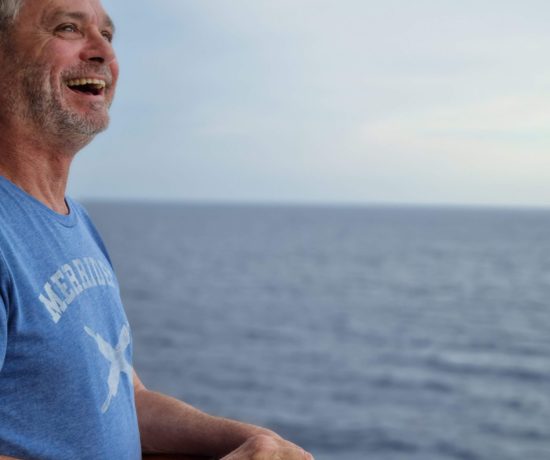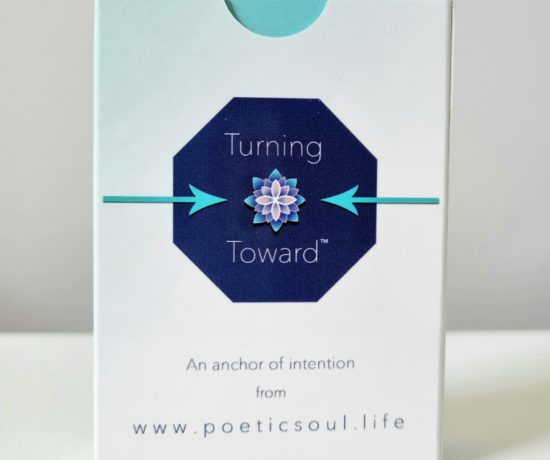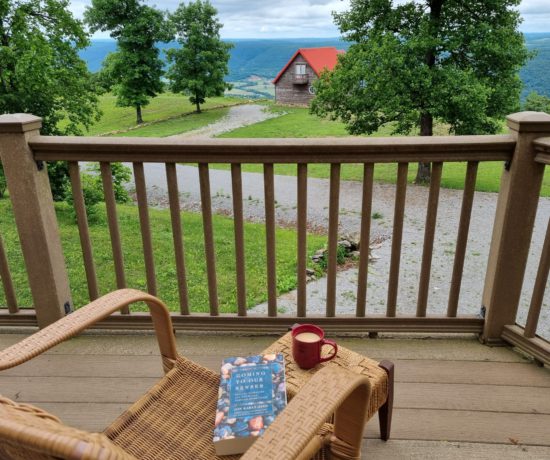This post is the first of a three-part series on Wintering.
Wintering According to Katherine May
I recently listened to a podcast called “On Being with Krista Tippett.” Her guest, Katherine May, wrote a fascinating book called “Wintering.” Through their conversation and a few excerpts read aloud from Katherine’s book, I found myself drawn to this notion of Wintering:
“Plants and animals don’t fight the Winter. They don’t pretend it’s not happening and attempt to carry on living the same lives they lived in the summer. They prepare. They adapt. They perform extraordinary acts of metamorphosis to get them through. Wintering is a time of withdrawing from the world, maximizing scant resources, carrying out acts of brutal efficiency, and vanishing from sight. But that’s where the transformation occurs.
Winter is not the death of the life cycle, but its crucible. It’s a time for reflection and recuperation. For slow replenishment. For putting your house in order. Doing these deeply unfashionable things–slowing down, letting your spare time expand, getting enough sleep, resting–is a radical act now. But it’s essential.”
-Katherine May, Wintering
Racing to Rest
Prior to hearing May’s profound insights, I already recognized my body begging for rest in the coming year. I recently described my current state as feeling like I’m careening into the end of the year on two wheels along the edge of Burnout Cliff. A gentle breeze could blow me over.
This podcast clinched it: one of my primary goals for 2022 is to “actively” rest. Right now I rest daily, or rather nightly. However, I only experience this rest as the byproduct of exhaustion at the end of each day. I don’t ever wake up with rest in mind. I wake up with maximized productivity in mind, and view rest as a finish line at the end of the day–a reward only to be claimed upon completion of my duties.
I have spent my whole life failing to appreciate the important functions my body engages in during rest and sleep. The housekeeping in my body’s complex systems. The mental restoration. The healing. The replenishing. The things that make me better when I reemerge from a state of true rest.
Reactive Rest
I have always been forced into rest. The cycle goes like this: I work myself into a frenzy and then burn out hard, collapsing into rest when my body and/or mind can no longer carry the load I’ve placed upon them. I get sick. I’m required to rest. And my body spends that whole time just getting me back to baseline. It never effectively stores up reserves; it merely plays catchup. I return to normal activities as soon as I feel barely well enough to do so, and my margins remain razor-thin. When things grow hectic again, I lack the energy reserves to draw on, and burnout returns sooner next time.
When I am forced into rest by my body or mind’s utter surrender, I’m relieved to give myself the rest I need, albeit long after it was first necessary. Sickness forces me to abdicate my typical responsibilities, and everyone around me says, “Oh my, that sounds terrible! Do what you need to do, take your time, and rest up.”
Proactive Rest
But what if I CHOOSE to rest? What if I invite rest into my life before I burn out? Would everyone feel as caring and accommodating if I didn’t wait until I crumbled under the pressure? Would anyone admire my decision to proactively rest the same way they admire my working tirelessly until I require rest? I’m about to find out.
After 38 years of stretching my body to its absolute limits and resting only when necessary, I am choosing Rest. The kind that’s so important it gets a capital letter.
In the coming year, I plan to invite Rest into my life without it needing to break in with a crowbar. I will stand at the doorway warmly waving it inside. No more locking the doors and turning out the lights, hoping it won’t find me until a more convenient time. After all, I never could find a convenient time to rest… until now.
Thanks for the nudge, Ms. May. Your gentle breeze has pushed me in the proper direction to set me right again.





No Comments